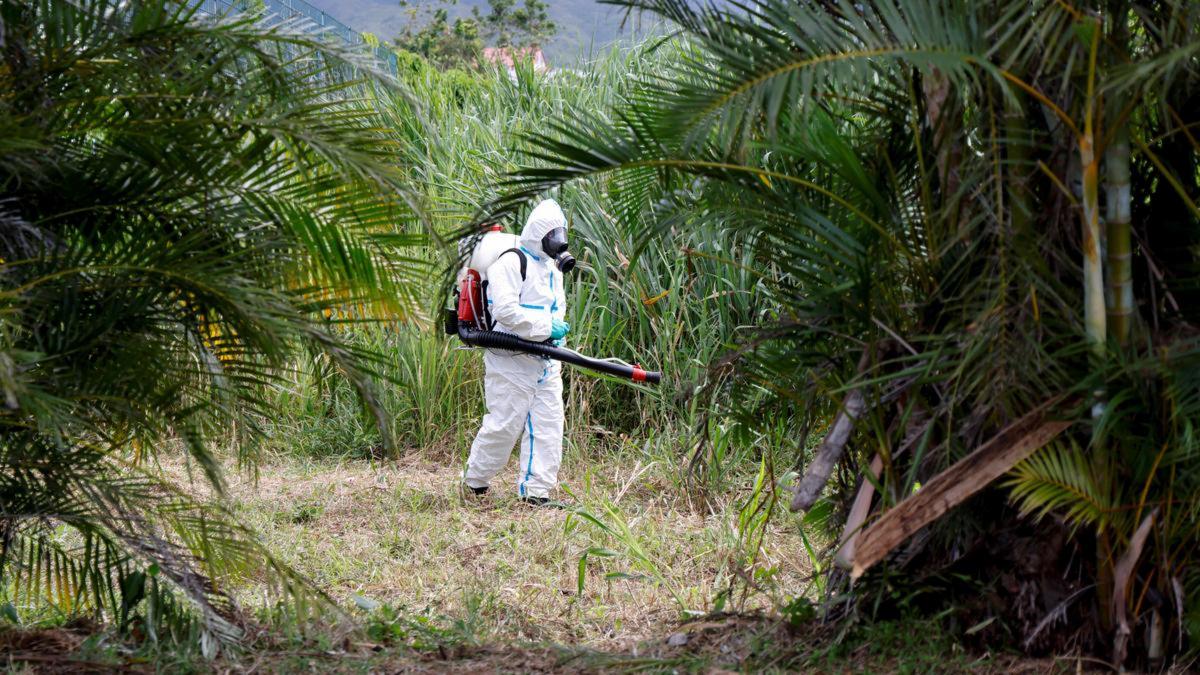Article Body
A Stark Wake-Up Call: WHO’s Latest Alert
The World Health Organisation (WHO) issued a grave warning on July 22, 2025: the world is witnessing the early signs of a global Chikungunya epidemic — echoes of the catastrophic outbreak that began two decades ago. In a press briefing from Geneva, Dr. Diana Rojas Alvarez, medical officer at WHO, drew direct parallels to the 2004-05 epidemic that swept from Indian Ocean islands to much of the globe.
Fast-Spreading Outbreaks: What We Know
-
Origin: The current surge began in early 2025 in the Indian Ocean region, with major outbreaks in La Réunion, Mayotte, and Mauritius.
-
Scale: Nearly one-third of La Réunion’s population is estimated to have been infected in this wave alone.
-
Spread: The virus has quickly expanded to Madagascar, Somalia, Kenya, and parts of Southeast Asia, notably India, Sri Lanka, and Pakistan, with over 33,000 new cases in Asia since June.
-
Europe: New clusters of local transmission have been recorded in southern France and Italy for the first time in recent history.
Key Facts: The Chikungunya Virus
Chikungunya is a mosquito-borne illness, primarily transmitted by Aedes aegypti and Aedes albopictus, both also responsible for spreading dengue and Zika. Symptoms appear within four to eight days and include:
-
Sudden, high fever
-
Debilitating joint pain
-
Muscle ache
-
Headache and fatigue
-
Skin rash
While rarely fatal, the virus often causes persistent joint pain lasting months or even years, particularly among older adults or those with pre-existing conditions.
Current Situation in India and Kerala
-
India is among the Asian regions seeing renewed local transmission, with Kerala having faced severe outbreaks in previous years.
-
European and Indian health authorities are reporting “signs that mirror the start” of the 2004-05 epidemic, which ultimately affected millions globally.
-
WHO estimates “5.6 billion people in 119 countries” are currently at risk for Chikungunya.
Official Statements
Dr. Diana Rojas Alvarez, WHO:
“We are seeing history repeating itself. The present outbreak eerily resembles the warning signs we saw before the last global epidemic.”
A Kerala Health Department spokesperson noted:
“Preparedness is absolutely urgent. The lessons of past outbreaks must not be forgotten, especially for vulnerable populations.”
Action Steps and Public Health Response
WHO has urged countries to:
-
Intensify mosquito surveillance and control
-
Strengthen health systems for rapid detection and management
-
Promote public education on personal protection measures
-
Accelerate vaccine research — with at least two candidates recently gaining approval but not yet in widespread use
Governments across Asia and Europe are already mobilizing resources for vector control, public advisories, and case tracking.
Conclusion
The urgency of this alert cannot be overstated. With patterns matching those before the devastating 2004-05 epidemic, and with millions again at risk, the world must heed WHO’s call for immediate, coordinated action to prevent another global Chikungunya crisis.
For more about Chikungunya: Wikipedia


Comments